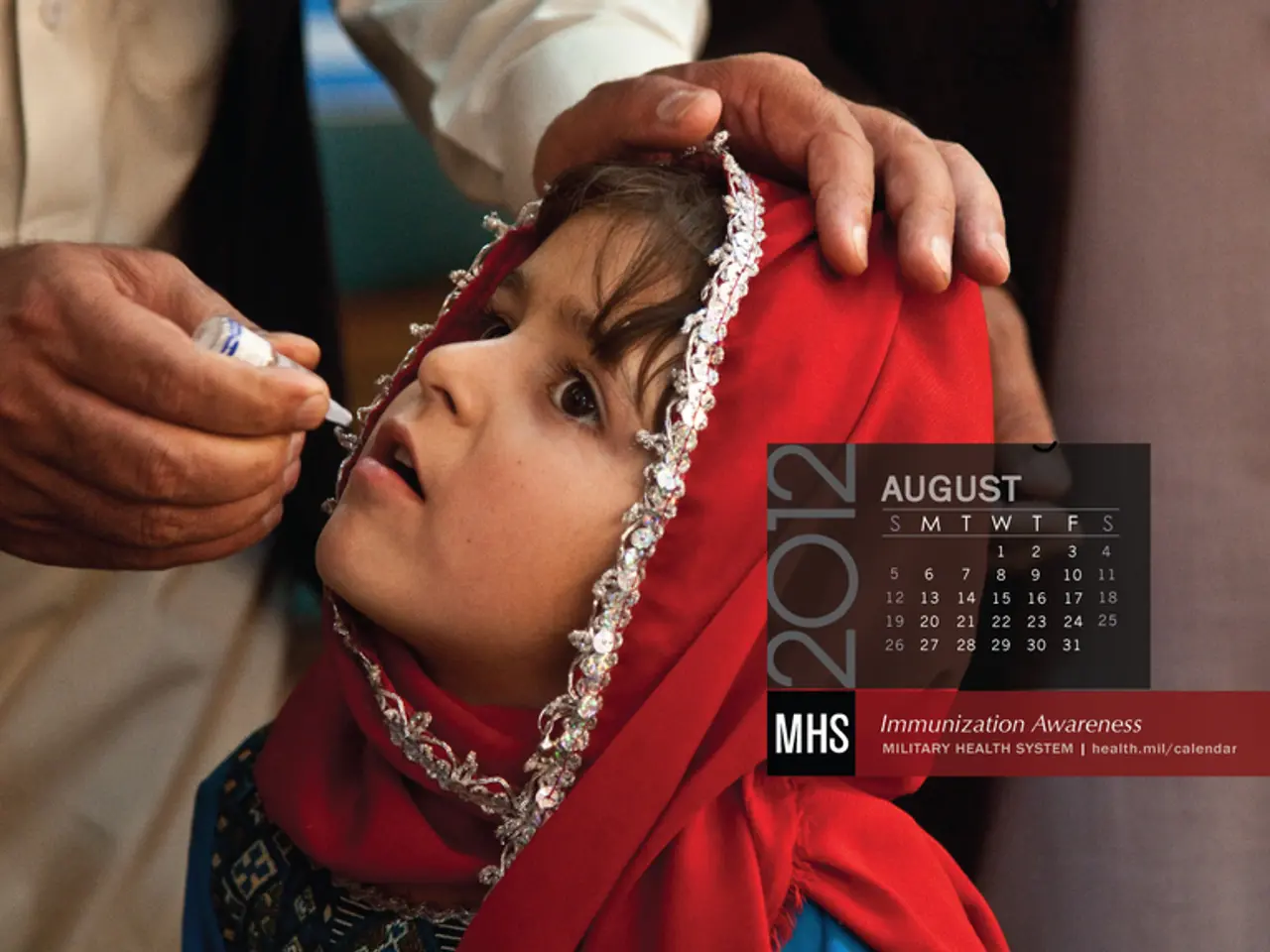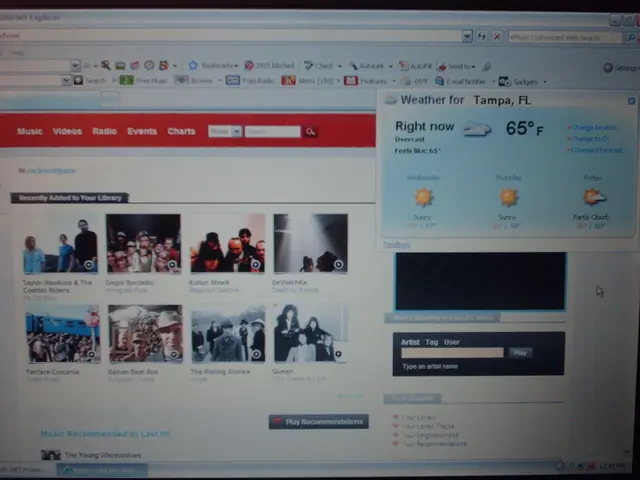Conflict, Ebola Outbreak, and Food Shortage Crisis
In the tumultuous years between 2018 and 2020, Welthungerhilfe played a crucial role in responding to the Ebola outbreak in the northeast of the Democratic Republic of Congo (DRC). Their efforts were multifaceted, encompassing emergency aid, health support, WASH interventions, community engagement, and support for displaced populations.
The organisation's primary goal was to reduce the spread of the virus. To achieve this, they provided emergency humanitarian assistance, supporting health facilities with hygiene promotion, distributing hygiene kits, and ensuring access to clean water and sanitation. This was a vital step in containing the outbreak, given that hygiene is a critical factor in controlling Ebola transmission.
Welthungerhilfe also focused on improving water supply and sanitation infrastructure in affected communities. This included facilitating handwashing stations in public areas and treatment centers, as well as repairing and building latrines and wells.
Recognising the importance of community engagement, Welthungerhilfe raised awareness about Ebola prevention measures, combated misinformation, and built trust between health workers and residents. This was essential in encouraging early reporting of symptoms and safe burial practices.
The Ebola outbreak coincided with ongoing conflict and displacement in the region. Welthungerhilfe responded by providing aid that addressed food insecurity and improved living conditions for displaced persons, thereby reducing their vulnerability to disease.
While the Ebola response was a significant part of Welthungerhilfe's work during this period, their efforts did not stop there. The organisation's nutritional projects, funded by the Federal Foreign Office (AA), continue to this day. These projects aim to support local people in finding a sustainable way out of poverty and hunger.
The nutritional projects, which include agricultural projects and road construction, offer local people the chance to earn a regular income and develop new livelihoods. They teach skills such as beekeeping, vegetable growing, and the cultivation of trees, providing a path towards a better future free from hunger and poverty in the DRC.
Moreover, these nutritional projects are part of a broader effort to promote peace in the Congo. By offering opportunities for economic development and improving living conditions, Welthungerhilfe is helping to create a more stable and resilient society.
Your donation to Welthungerhilfe contributes significantly to this path towards a better future. Whether you're supporting the ongoing Ebola prevention measures or the nutritional projects, you're helping to make a difference in the lives of people in the DRC.
- In light of the Ebola outbreak, Welthungerhilfe utilized science to develop effective hygiene promotion strategies, targeting medical conditions related to the virus transmission.
- As part of their commitment to health and wellness, Welthungerhilfe's education and self-development initiatives within affected communities encourage personal growth through nutritional education, agricultural projects, and skill training.
- Despite the challenging political landscape in the DRC, Welthungerhilfe's efforts in war-and-conflicts affected areas focused on providing emergency aid, improving living conditions, and addressing general news such as food insecurity and displacement.
- By supporting Welthungerhilfe's projects, you contribute to the overlapping domains of health and wellness, education and self-development, and politics, aiming for a more peaceful and self-sustaining society.
- Learning from the Ebola response, Welthungerhilfe continues to leverage their expertise in nutrition and community engagement to address broader issues such as water and sanitation infrastructure, disease prevention, and promoting peace and resilience in the DRC.







